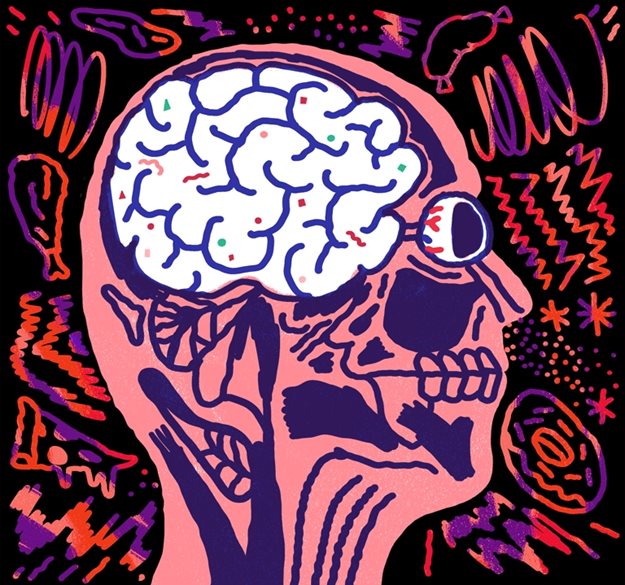What Cookies and Meth Have in Common


Sunday Review – Richard A. Friedman
Credit Josh Cochran
As a psychiatrist, I have yet to meet a patient who enjoys being addicted to drugs or compulsively overeating.
Why would anyone continue to use recreational drugs despite the medical consequences and social condemnation? What makes someone eat more and more in the face of poor health?
One answer is that modern humans have designed the perfect environment to create both of these addictions.
No one will be shocked to learn that stress makes people more likely to search for solace in drugs or food (it’s called “comfort food” for a reason). Yet the myth has persisted that addiction is either a moral failure or a hard-wired behavior — that addicts are either completely in command or literally out of their minds. Now we have a body of research that makes the connection between stress and addiction definitive. More surprising, it shows that we can change the path to addiction by changing our environment.

